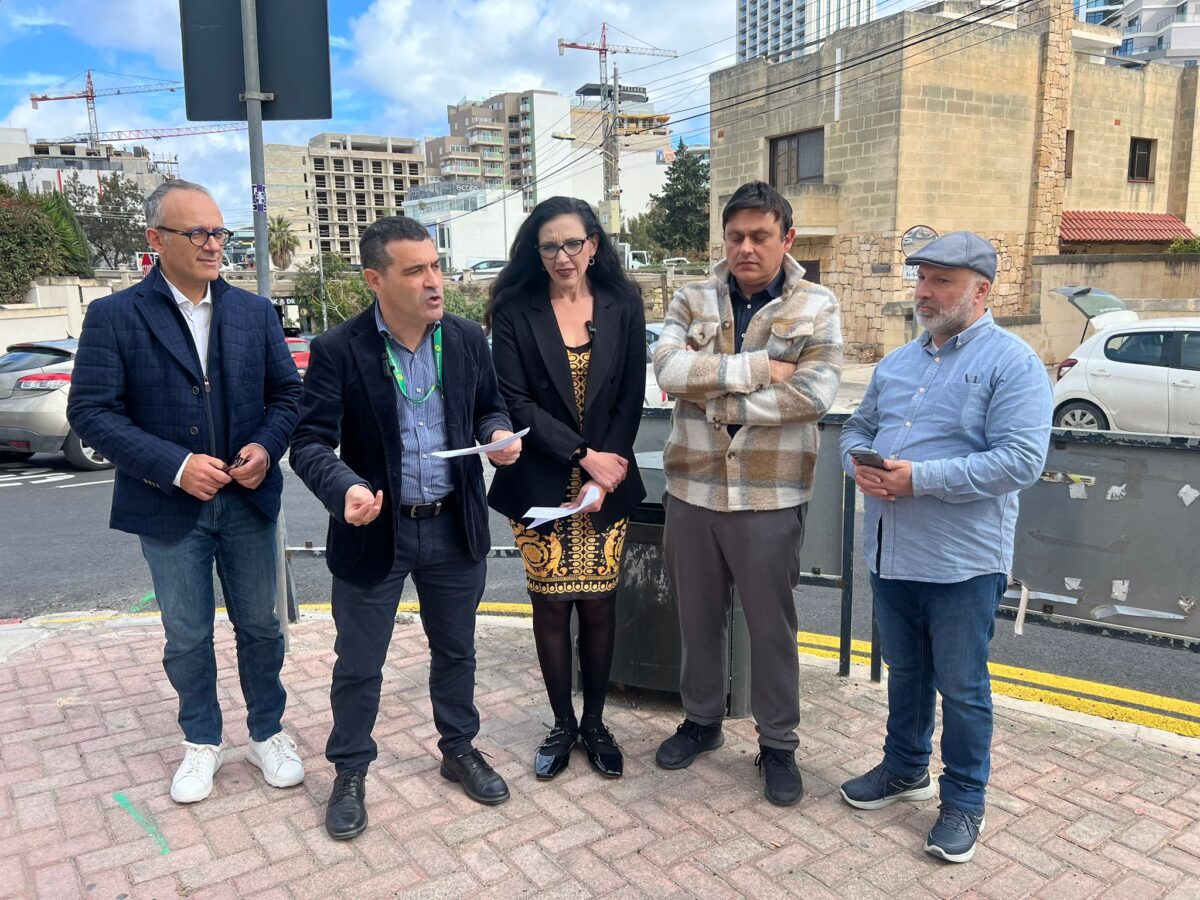One would have thought that the government’s Vision 2050, which has already received the seal of approval of the Nationalist Party, would have set the basis for integrating social, ecological and economic imperatives in policy making. However, the misalignments between the current economic orthodoxy and the goals of shared prosperity within local (and planetary) boundaries remain.
An effective vision document should consider seriously which investments are encouraged, which are discouraged and which are outright disallowed. What is taxed, what is taxed less and what is not taxed at all. Which services and industries are encouraged and which must change, reform or be phased-out.
This is what will push the economy one way or another. Either an economy which serves us all, is socially just, ecologically sound and sustainable or an economy based on exploitation of people and resources, locally and abroad. The prosperity of some at the expense of others.
Vision 2050 offers more of the same. The same sectors propped up by the government. More tourism, land reclamation to prop up the construction industry and increasing the country’s reliance on gaming and online casinos. It seems the same groups and companies are writing government policy.
Instead of creative ways of using and upgrading existing facilities, we have a proposal of a theme park, designed for mass tourism, in contradiction to the stated aim of ‘quality tourism’. Instead of focusing on niche conferences, for example, we are told that we need massive conference venues for 25,000 participants at one go.
Vision 2050 is a nightmare which will turn village cores into ghost towns, push property prices further up and push people out for soulless tourist accommodation. Instead of ‘Gozo an island of villages’, we will be getting a tourist trap. While cities in Europe are tackling the crisis caused by short-lets and massive hotels, Malta is considering moving in the opposite direction. All to satisfy the greed of the few.
The problems in the EU are mirrored on a micro-scale here in Malta. Far too much money continues to flow towards counterproductive activities such as fossil fuels. In Malta, this includes the vote buying blanket fuel subsidies dished out by the government. On the other hand, insufficient funds are flowing towards activities that support a green well-being economy.
Short-termism must be curtailed at all costs. Business models that are privatising the benefits and socialising the costs have no place in today’s world. Instead of ‘spreading out wealth’ there are too many proposals which will continue concentrating it further in the hands of the few, both locally and internationally through corporate welfare for multinationals.
Figures from Eurofond (2021) show that between 2010 and 2017 the richest 5% of the Maltese population increased its wealth from 33% to 40% of the country’s wealth. Vision 2050 will continue this trend.
A green well-being economy would tackle the large financial sector which encourages speculative behaviour. Unproductive financial capital is a burden on real investment in sectors which serve our social and ecological needs. It blocks or slows the transition to a social-ecological economy. An alternative green Vision 2050 would encourage smaller, social and cooperatively organised forms of economic activity, especially cooperatives and other smaller companies oriented towards the common good.
This type of economic activity is more likely to be able to produce in a participatory manner, without the short-term compulsion for profit maximisation at all costs to favour the few. Short-term profit maximisation will give us more of the same: overdevelopment, pollution, low wages, property speculation and mountains of waste.
A real green Vision 2050 would lay the ground for abandoning subsidies for harmful industries. It would tax extreme wealth and capital accumulation, to encourage investment in socially and ecologically useful sectors. It would offer an alternative to a productivist growth economy which requires land, minerals, energy and cheap labour on an ever-increasing scale. It would consider the effects of greed in Malta and the EU on the minerals, energy and labour sourced from other countries. Exporting social and environmental exploitation should not be an option.
On another note, Vision 2050 makes some lofty statements about ‘national identity’. It’s nothing new, Labour and Nationalist politicians have this penchant of going on and on about ‘national identity’. This is usually framed in the right-wing narrative of the perceived ‘threat’ of vulnerable migrant workers. Ironically, the same powerless people who prop up our economy.
For all their performative patriotism, there are hardly any government initiatives for development of digital content and tools in Maltese. There is not even a version of the Vision 2050 document in Maltese, so much for nice words.
For the government, national identity means spending on the same things, as if ‘identity’ is some museum piece.
National identity should be about building and strengthening a sense of community, of cooperation, of pluralistic democracy and of mutual respect. It should be about sustaining a cultural industry which reaches all communities. Even here Vision 2050 falls short.
To conclude, public and private finance underpins the transition to a green, sustainable, well-being economy. We need to tackle the issues of taxation, investment flows and the accumulation of capital, which stymie the urgently needed transition.
We need a vision which prioritises green over greed.

Ralph Cassar is secretary general of ADPD – The Green Party
More articles: ralphcassar.green
First published online: https://timesofmalta.com/article/the-failures-vision-2050.1112144

Leave a Reply